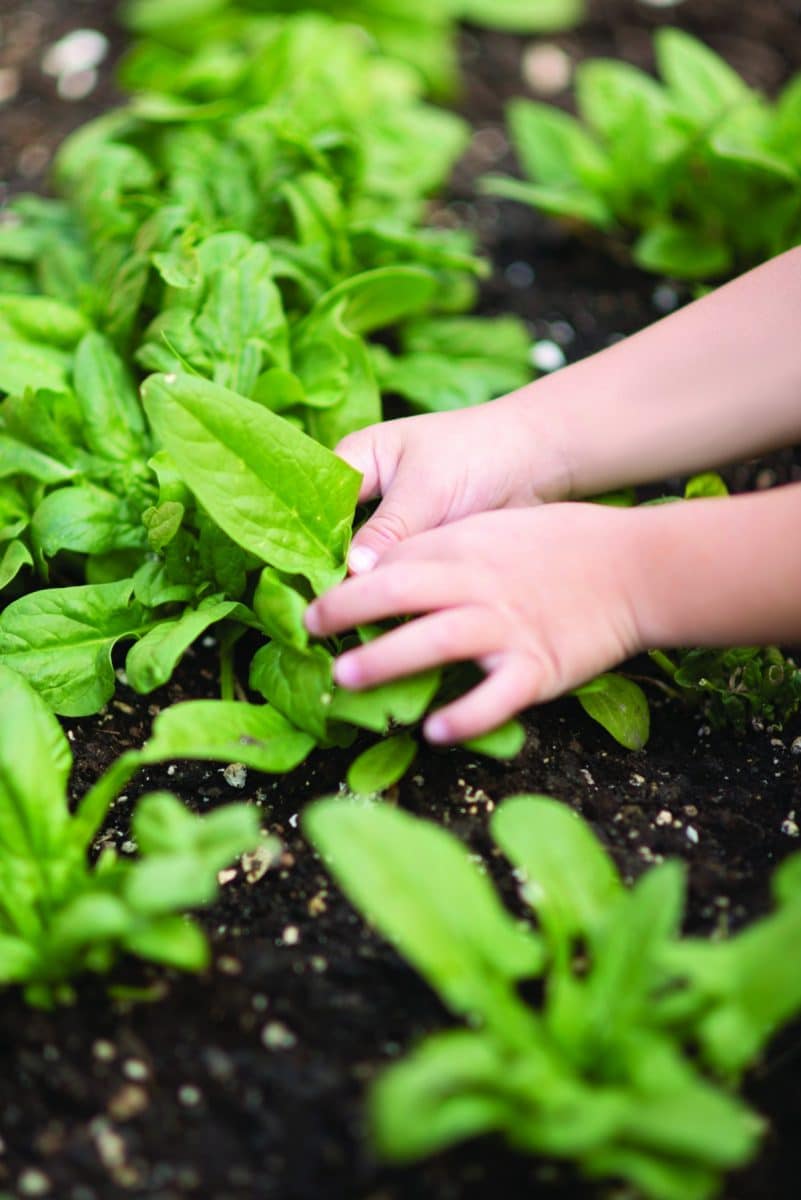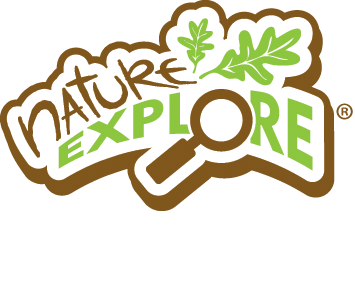Garden of Wonder: How Gardening and Greenhouse Activities Facilitate Learning

This is the third in a series of “Roots in Research” blog posts, in which we summarize key findings of research conducted by Nature Explore staff and our colleagues at other institutions.
A few years ago, researchers explored preschool and kindergarten students’ learning when they were engaged in hands-on activities in the garden and greenhouse areas of a Nature Explore Classroom. They found that when young children are invited to dig in the dirt, experience plant life cycles and taste the fruits of their efforts, magical things happen. Teacher co-researchers noted that through gardening, children learn to communicate with others, manage and convey their emotions, and develop skills that will help them become successful lifelong learners.
Here are key benefits of gardening that you might observe and experience in your own Nature Explore Classroom:
–Involving children in gardening at an early age gives them the opportunity to develop a sense of wonder about the world and understand their role in caring for the environment.
–Close observation of children working in nature shows us their sophisticated exploration and understanding of how the world works.
–Experiential learning outdoors gives children opportunities to feel more connected to nature.
–Through experience and teacher support, children learn to take risks, develop self-confidence, and process their emotions gaining mastery over their fears.
–Outdoor classroom time in nature provides meaningful, hands-on learning and the skills children develop will help them be more successful in school and in navigating their world.
–Experiences in the natural world, such as gardening, provide a holistic approach to teaching and learning.
Are you looking for tools to help bring gardening to your Nature Explore Classroom? Our Resource Guide is the place to start!
Source: The Seeds of Learning: Young Children Develop Important Skills Through Their Gardening Activities at a Midwestern Early Education Program (2007) by Miller, D. L. Applied Environmental Education and Communication 6: 49-66.

